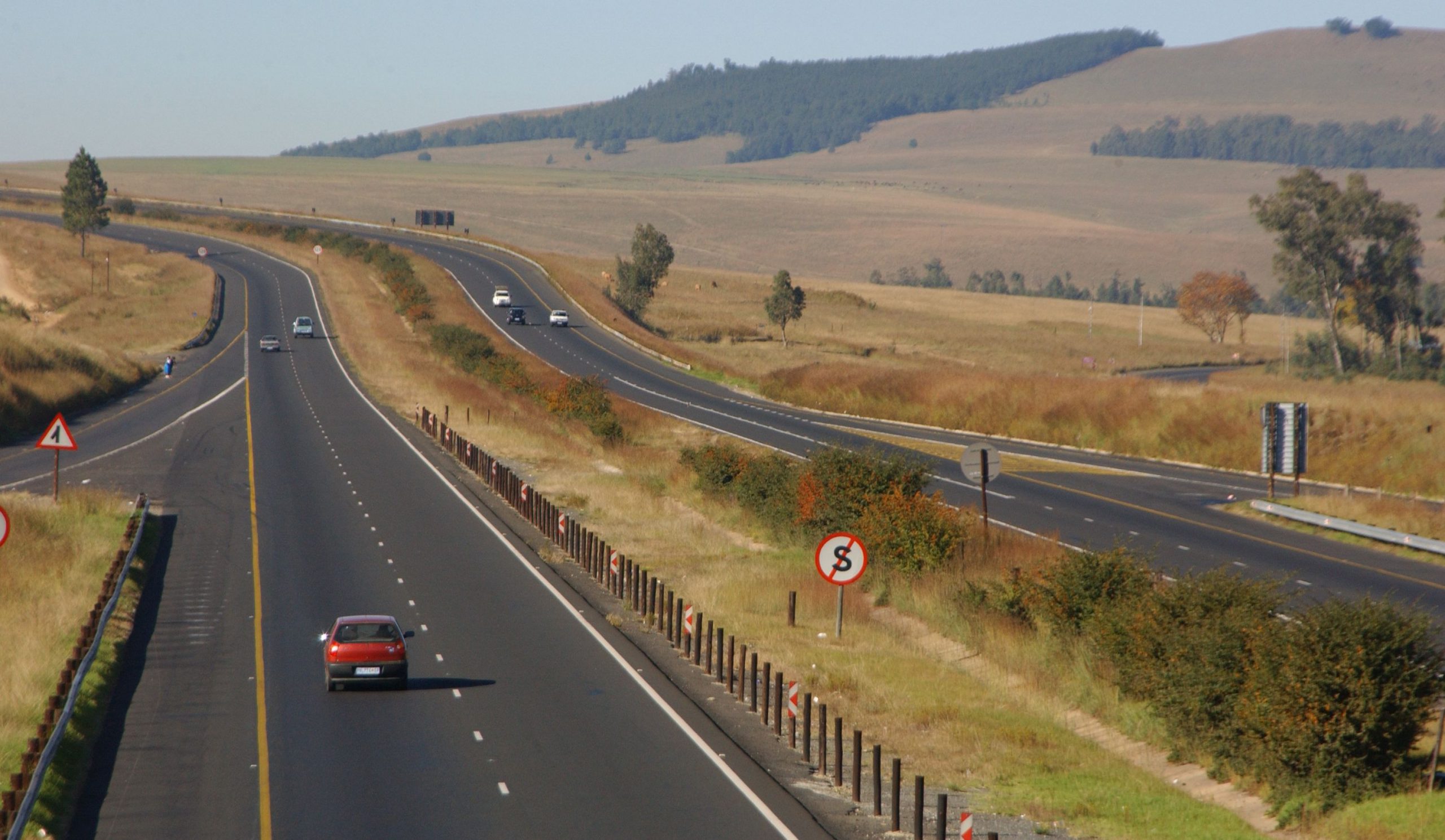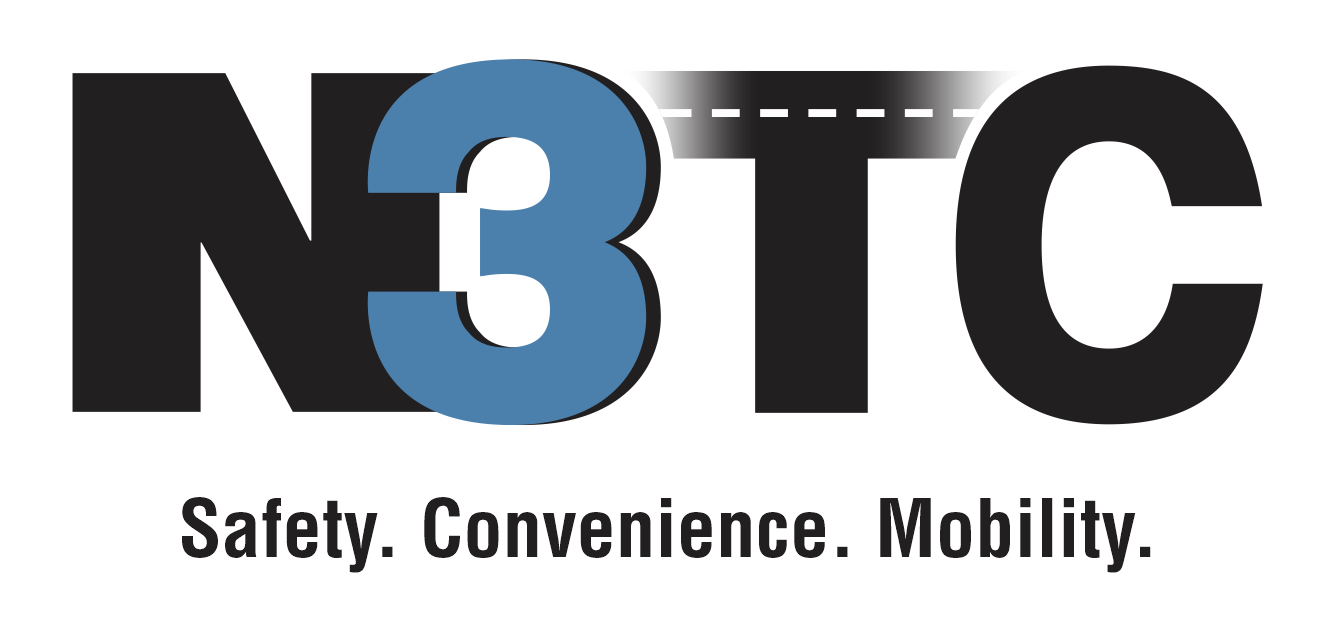N3 TOLL ROUTE | TRAFFIC UPDATE | CRASH DATA PROVIDES COMPREHENSIVE INSIGHTS

Careful consideration of crash statistics helps drivers make better road safety decisions
Since the start of the summer holiday, traffic volumes on the N3 Toll Route have followed a similar pattern to last year. Based on this information, N3 Toll Concession (N3TC), the company managing the N3 Toll Route between Cedara in KwaZulu-Natal and Heidelberg in Gauteng, is expecting high traffic volumes on the N3 this coming weekend, particularly on the 22nd and 23rd of December, and on the 26th of December. Peak conditions may also be experienced on Friday, the 31st of December. Northbound traffic (towards Gauteng) is likely to increase from Monday, the 1st of January 2024, and to peak over the weekend of the 5th – 7th of January when holidaymakers make their way home.
Preparing in advance for long distance trips, familiarising oneself with the planned route, managing one’s expectations, making allowances for possible congestion and delays, and adopting defensive driving habits, allow drivers to remain patient and in control of their journeys, even when faced with unexpected events.
“Well informed, experienced drivers are better able to adapt to changing conditions and to navigate crisis situations as they arise. Responsible drivers confidently and competently anticipate, avoid or navigate dangerous situations,” explains Thania Dhoogra, N3TC’s operations manager.
N3TC collates and interrogates crash data to form comprehensive insights into areas of concern, and help road users to make safe choices. By making a few simple adjustments, drivers and their passengers can assist to improve road safety for everyone. “It is incumbent on each one of us to share the road responsibly,” reiterates Ms Dhoogra.
Human errors (81%) and vehicle breakdowns (9%), including tyre bursts and brake failures, continue to be the top contributory factors to crashes on the N3 Toll Route.
Between January and November 2023, a total of 1045 crashes were recorded on the N3 Toll Route of which 494 were light vehicle crashes, while 551 crashes involved trucks.
The majority of these crashes (59%) were single-vehicle crashes which are mainly the result of human errors such as reckless and negligent driving, speeding, driver distraction, and/or fatigue.
‘Drivers losing control of their vehicles’ is a major cause of crashes. This year, 42.7% of all crashes on the N3 Toll Route involved single vehicles.
Rain was cited as the main contributory factor in 17% of recorded crashes. Although fewer crashes occurred during bad weather, the crashes that were reported tended to be more severe.
The same has been noted for crashes at night. On the N3 Toll Route, the number of night-time crashes was slightly less than those that occurred during daylight hours, but they were often more serious.
Driving at night presents unique challenges and increased risks. “The combination of low-visibility, driver distraction, drowsiness or fatigue, and a driver’s reduced ability to judge speed and distance, can be fatal. And, like elsewhere in the world, criminals tend to use the cover of darkness for their nefarious practices, making it unsafe to stop next to the road during emergencies or to rest when tired,” expands Ms Dhoogra. “We highly recommend that motorists travel during daylight hours, especially those who are unfamiliar with the route; and encourage all motorists to allow sufficient travel time to safely reach their destinations.
Drive defensively. Pay close attention to the road and other drivers and continuously scan your surroundings for developing situations. Maintain a safe following distance to allow yourself sufficient space and time to react to potential threats. A proactive approach to the different risks will significantly enhance your levels of preparedness, safety, and security.”
Under peak traffic conditions, it is of the utmost importance to remain focussed, calm and patient. Aggressive and impatient driving habits such as tailgating, speeding, frequent lane changing, flashing of lights, or not signalling are more than mere annoyances – they cause serious road safety threats – increasing the risk of crashes and legal repercussions.
“Mastering safe driving skills, staying alert and vigilant, following the rules of the road, being responsible and courteous, planning ahead, staying informed, and maintaining vehicles in top condition – these simple steps are the game changers to ensuring a safe and trouble-free holiday. Let us all commit to help save lives on our roads this summer,” ends Ms Dhoogra.
Verified information and 24-hour assistance is available on the N3 Toll Route
Contact the 24/7 N3 Helpline on 0800 63 43 57 or follow @N3Route on X to obtain verified road and traffic information, or to report emergencies on the N3 Toll Route. N3TC’s route services teams are always on standby to lend a helping hand when you need one.
ENDS.
